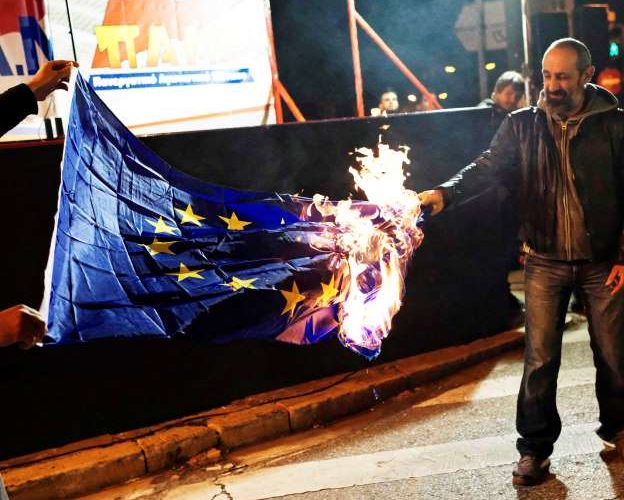Over the course of the many referendums fought on the various EU treaties, the Irish establishment always sold the idea that neutrality and foreign-policy decisions would remain with the Irish state. But, as time progressed, those forces that strongly opposed these treaties and argued that there was only one direction that the EU was headed in have been proved correct.
The latest example of the creeping control, or what the EU calls “competencies,” is in the area of foreign policy. Until now the pretence has been maintained that EU foreign policy was agreed by consensus. That particular fig leaf is now going to be dropped, with a proposal by the EU Commission to introduce “qualified majority” voting to ensure that the bloc speaks and acts with one voice.
The EU Commission is arguing that such a change can be brought about by invoking an obscure “passerelle” clause (allowing the alteration of a procedure without a formal amendment) in article 31 (3) of the EU treaty, which permits the EU to “further extend qualified majority voting in common foreign and security policy matters if member states unanimously agree to do so.”
The Commission’s proposal is supported by the two most powerful EU states, France and Germany. A senior Finnish diplomat has stated that the Finnish government was open to “having a look at qualified majority voting on foreign and security policy,” a view shared by many in the diplomatic services of member-states.
This would only further reduce the capacity of the people of Ireland to change or influence Irish foreign and security policy.






